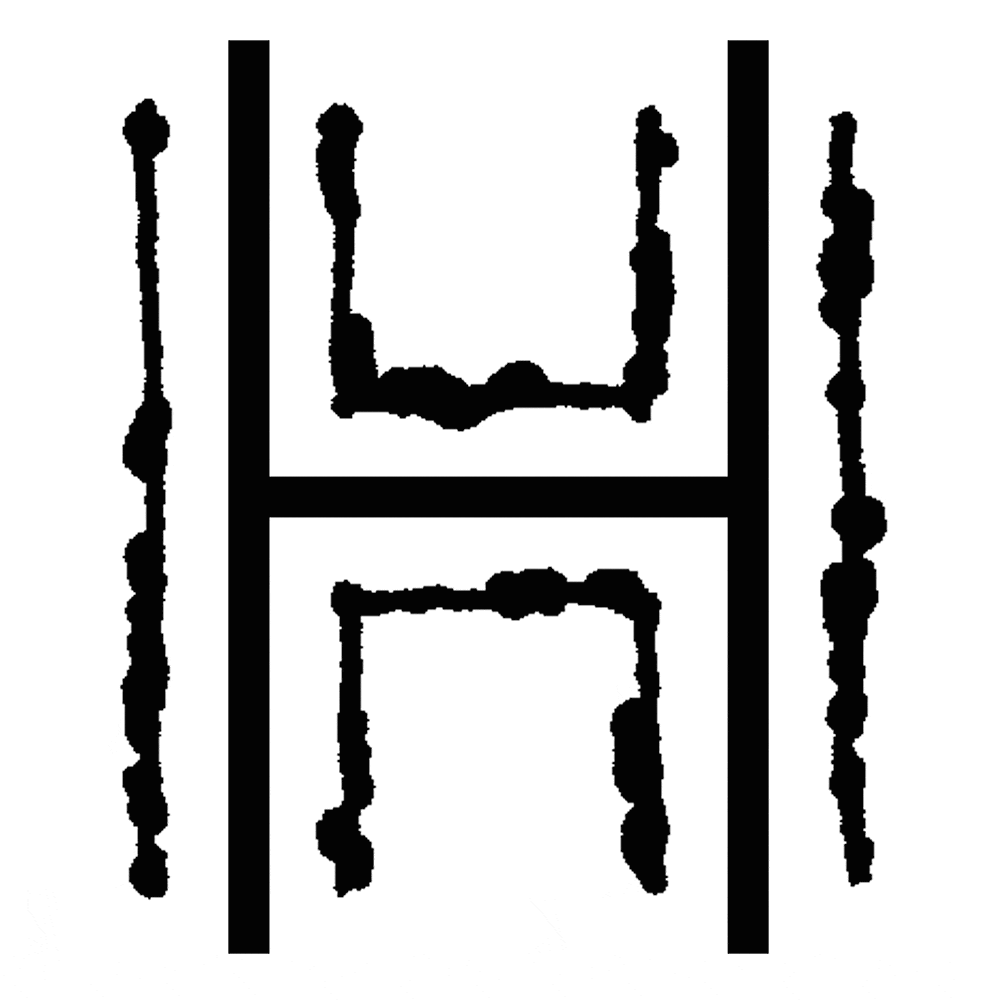Delayed Gratification Still Satisfies in the End
October 25, 2023 // 5 minute read
I am a child of the 1970s and ‘80s and, as a result, I often frame life’s “a-ha!” moments with nuggets from this golden age of pop culture.
(Anyone who remembers the exploits of Martin Tupper in HBO’s Dream On knows what I’m talking about.)
Lately I’ve been thinking about how people discover something new and how different the process has become since then. I’m reminded of those tried and true TV ads from 40 years ago for Smith Barney, a wealth management company with the actor John Houseman as their spokesperson, describing with the gravitas granted to the old and wealthy how they made money from all the hard work they do on behalf of their clients. In short, they earned it.
When it comes to pop culture, we don’t earn our knowledge any more. There’s no work. It gets spoon fed to us as momentary content, a blip on the radar in a shambolic social media feed.
This is a problem.
When a fresh meme crosses your digital transom, you’re asked to instantly know the movie, music video, advertisement – sometimes another meme – being referenced. If you get it, you get it. If you don’t, tough luck and move on. Looking at you, Baby Shark.
Also, no context or framework for a found image, phrase or sound bite stumbled upon in any of the countless corners of the web can result in two or more items slammed together that are antithetical to one another. In the right hands mash-ups are great. In the wrong hands, the results can confuse or offend. AI coming onto the scene isn’t helping matters either.
Image: UglyAIArtwork
Last – and this is a big one – you’re never in control of the narrative living on your phone or laptop. An algorithm is. Do you want software to be your window to the world? Where each click tends to reduce serendipity, eliminating things that are dissimilar or push against what may or may not be your sensibilities?
So what’s the solution?
Press pause.
Don’t spend so much time staring at screens. I realize this is groundbreaking advice you’re reading here for the first time, but it’s true. Read a book. Visit a museum. Grab coffee with a friend. Have a day where you simply unplug. I can’t count the number of times small talk or white space has led to big ideas.
Have a look around.
Take a walk. Go on a road trip. Make the journey be as fun as the destination. Discover things in their true environment, not someone else’s cherry-picked and filtered-to-death social media account. Be in the moment.
Be aware but self-curate.
Hone your ability to separate signal from noise. Figure out not only what you like, but why you like it, where (and when) it came from and what else it may have influenced. One of my own “a-ha!” moments came while watching the film Metropolis as an adult and discovering what inspired the sci-fi images of my childhood (and beyond).
The pop culture observer and author Chuck Klosterman wrote in The Nineties: A Book that he felt that time period (which he bookends as being between The Berlin Wall falling in 1989 and the Twin Towers falling in 2001) as the last real decade before everything went online and blew apart. His metaphor is that rather than having information dripped on you a bit at a time through traditional media channels, today you survey an inch-deep ocean spreading out in all directions filled with content, waves lapping onto the beaches of countless micro-audiences. (I’m reminded more of the Great Pacific Garbage Patch. Either way the visual holds.)
The good news is that it feels like people are pushing back. The maker movement keeps growing. Vinyl album sales are on the rise. We’re never going to return to 1992 — nor should we — but I do think a more hybrid lifestyle means giving ourselves permission to take a break and enjoy the ride for its own sake from time to time.
After all, to quote the great sage Ferris Bueller, “Life moves pretty fast. If you don’t stop and look around once in a while, you could miss it.”
Additional Resources:
Don’t just take my word for it. The Atlantic Monthly and the New York Times have had some interesting thoughts on this topic as well.
Thoughts? Questions? Let me know.
Elliot Strunk, an award-winning designer with over 25 years of experience, is the Creative Director of Studio H. You can learn more about him here.


